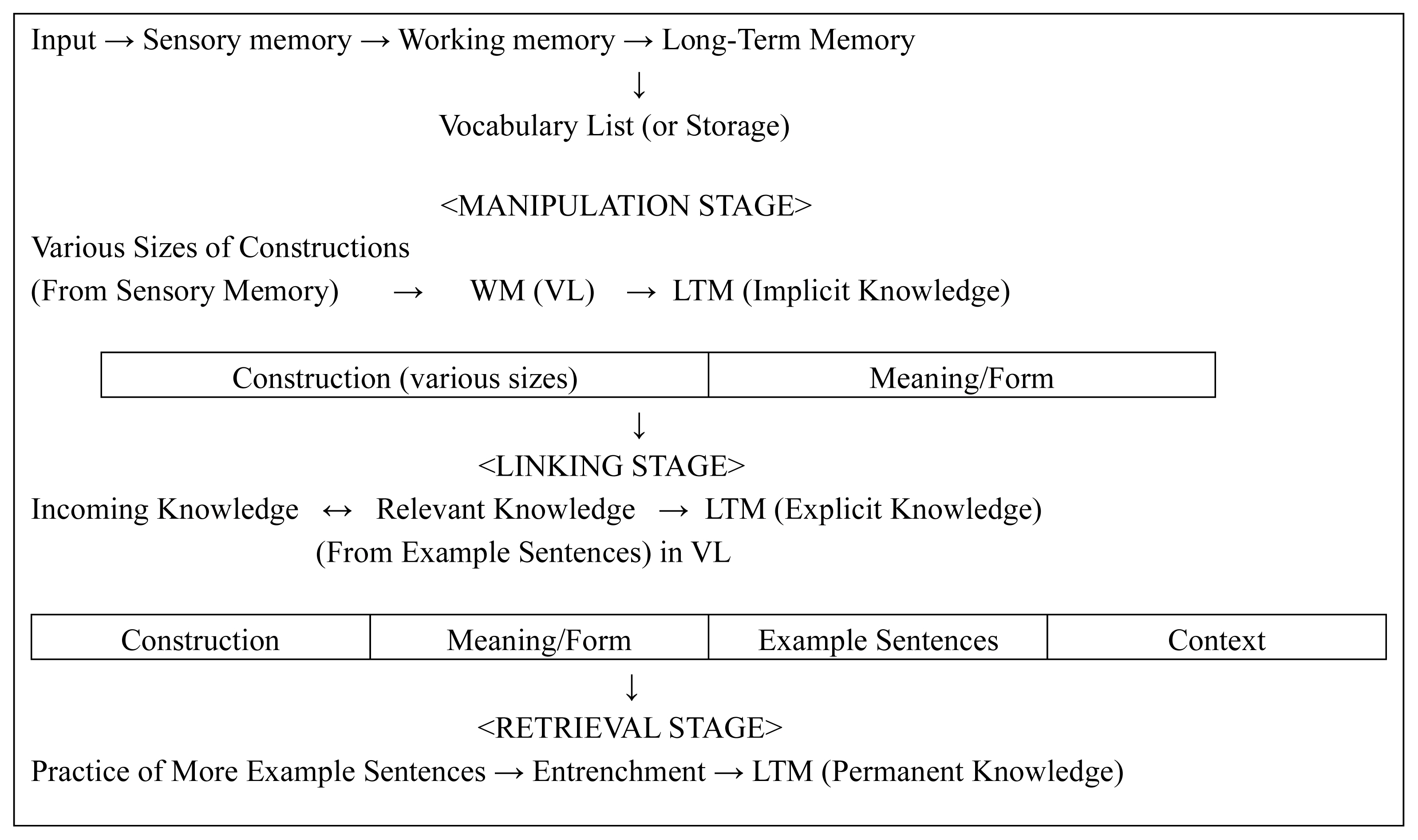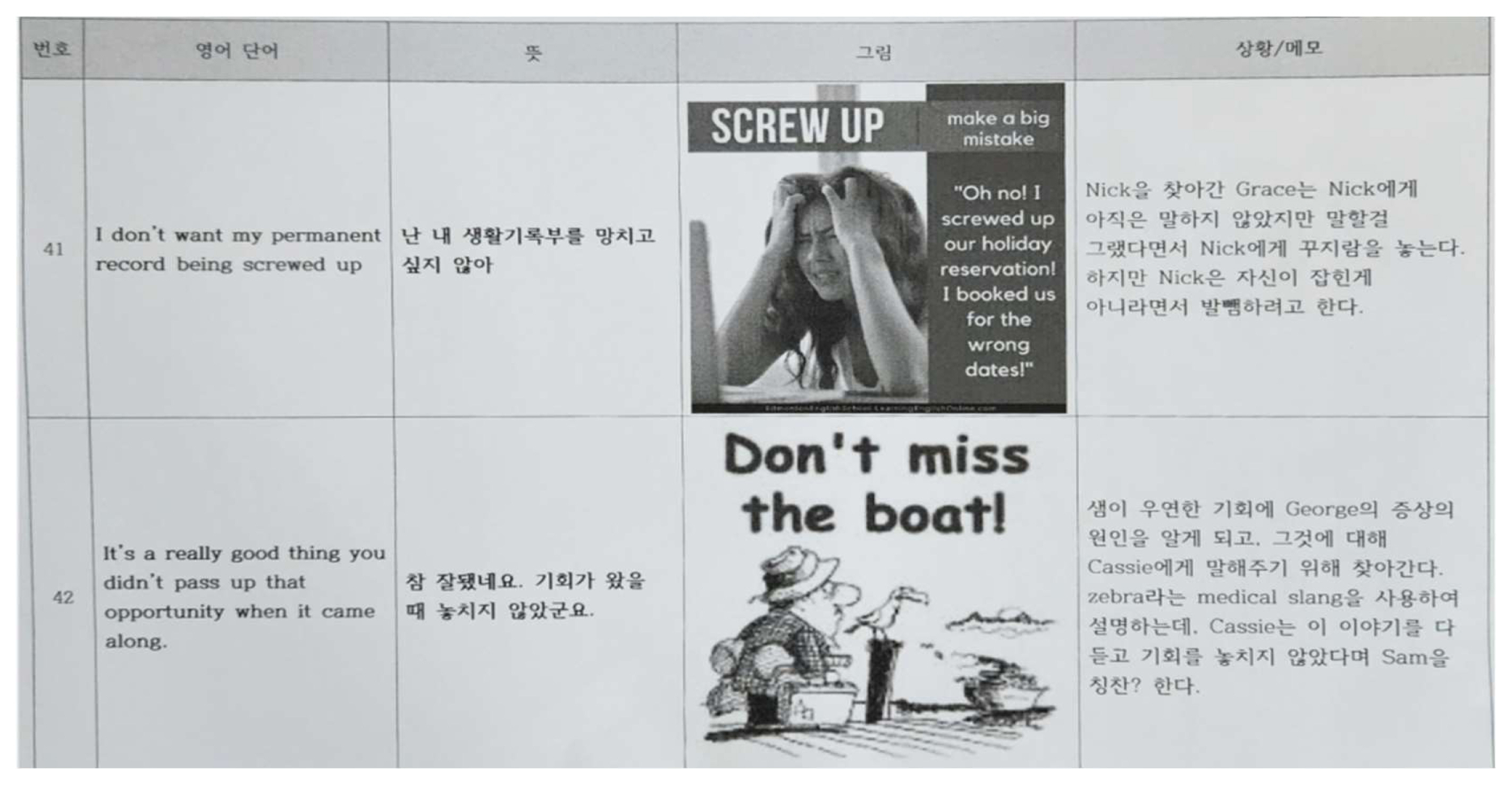Alloway, T. P. (2006). How does working memory work in the classroom? Educational Research and Reviews, 1(4), 134-139.
Alloway, T. P. (2009). Working memory, but not IQ, predicts subsequent learning in children with learning difficulties.
European Journal of Psychological Assessment,
25(2), 92-98.
https://doi.org/10.1027/1015-5759.25.2.92
.

Alloway, T. P., & Alloway, R. G. (2010). Investigating the predictive roles of working memory and IQ in academic attainment.
Journal of Experimental Child Psychology,
106(1), 20-29.
https://doi.org/10.1016/j.jecp.2009.11.003
.


Alloway, T. P., & Alloway, R. G. (2013). The new IQ: Use your working memory to think stronger, smarter, faster. London, UK:Harper Collins.
Baddeley, A. D. (2000a). Short-term and working memory. In E. Tulving & F.I.M. Craik (Eds.),
The Oxford handbook of memory. pp 77-92. Oxford, UK:Oxford University Press.

Baddeley, A. D., & Hitch, G. J. (1974). Working memory. In K.W. Spence & J.T. Spence (Eds.),
The psychology of learning and motivation: Advances in research and theory. 2, pp 89-195. New York, NY:Academic Press:
https://doi.org/10.1016/s0079-7421(08)60422-3
.

Balota, D. A., Cortese, M. J., Hutchinson, K. A., Neely, J. H., Nelson, D., Simpson, G. B., & Treiman, R. (2007). The English lexicon project.
Behavior Research Methods,
39(3), 445-459.
https://doi.org/10.3758/BF03193014
.


Bilbrough, N. (2011). Memory activities for language learning. Cambridge, UK:Cambridge University Press.
Blair, C. (2010). Fluid cognitive abilities and general intelligence. In W.F. Overton (Ed.),
The handbook of life-span development: Cognition, biology, and methods. 1, 226-257. Hoboken, NJ:John Wiley & Sons:
https://doi.org/10.1008/9780470880166.hlsd001008
.

Bull, R., Johnston, R. S., & Roy, J. A. (1999). Exploring the roles of the visual-spatial sketch pad and central executive in children’s arithmetical skills: Views from cognition and developmental neuropsychology.
Developmental Neuropsychology,
15(3), 421-442.
https://doi.org/10.1080/87565649909540759
.

Chai, W. J., Hamid, A. I. A., & Abdullah, J. M. (2018). Working memory from the psychological and neurosciences perspectives: A review.
Frontiers in Psychology. 9, article 401.
https://doi.org/10.3389/fpsyg.2018.00401
.

Chiappe, P., Hasher, L., & Siegel, L. S. (2000). Working memory, inhibitory control, and reading disability.
Memory & Cognition,
28(1), 8-17.
https://doi.org/10.3758/bf03211570
.


Forsberg, A., Adams, E. J., & Cowan, N. (2021). The role of working memory in long-term learning: Implications for childhood development.
Psychology of Learning and Motivation,
74, 1-45.
https://doi.org/10.1016/bs.plm.2021.02.001
.

Hills, T. T., Maouene, J., Riordan, B., & Smith, L. (2010). The associative structure of language: Contextual diversity in early word learning.
Journal of Memory and Language,
63(3), 259-273.
https://doi.org/10.1016/j.jml.2010.06.002
.



Hoffman, P., Ralph, M. A. L., & Rogers, T. T. (2013). Semantic diversity: A measure of semantic ambiguity based on variability in the contextual usage of words.
Behavior Research Methods,
45(3), 718-730.
https://doi.org/10.3758/s13428-012-0278-x
.


Lord, P., & Miller, C. Directors (2013). Pilot [Television series episode]. In D. Goor & M. Schur (Eds.), Brooklyn nine-nine. Los Angeles, CA:Fremulon.
Miller, G. A., Galanter, E., & Pribram, K. H. (1960). Plans and the structure of behavior. London, UK:Holt, Rinehart and Winston.
Passolunghi, M. C., Cornoldi, C., & De Liberto, S. (1999). Working memory and intrusions of irrelevant information in a group of specific poor problem solvers.
Memory & Cognition,
27(5), 779-790.
https://doi.org/10.3758/BF03198531
.


Piznarski, M. Director (2007). The wild brunch [Television series episode]. In J. Schwartz & S. Savage (Eds.), Gossip girl. New York, NY:Warner Bros. Television..
Pryce, C. Director (2015). Starting over…..again [Television series episode]. In S. Tenney (Ed.), Good witch. Canada:Whizbang Films..
Ryu, D. H. (2011). A discourse analysis of conversations in American TV dramas.
STEM Journal,
12(1), 149-176.

Swanson, H. L., & Siegel, L. (2001). Learning disabilities as a working memory deficit. Issues in Education: Contributions from Educational Psychology, 7(1), 1-48.
Unsworth, N., Brewer, G. A., & Spillers, G. J. (2013). Working memory capacity and retrieval from long-term memory: The role of controlled search.
Memory and Cognition,
41(2), 242-254.
https://doi.org/10.3758/s13421-012-261-x
.


Wen, Z. (2015). Working memory in second language acquisition and processing: The phonological/executive model. In Z. Wen & M.B. Mota & A. McNeill (Eds.),
Working memory in second language acquisition and processing. pp 41-62. Bristol, UK:Multilingual Matters:
https://doi.org/10.21832/9781783093595-007
.






 PDF Links
PDF Links PubReader
PubReader ePub Link
ePub Link Full text via DOI
Full text via DOI Download Citation
Download Citation Print
Print






